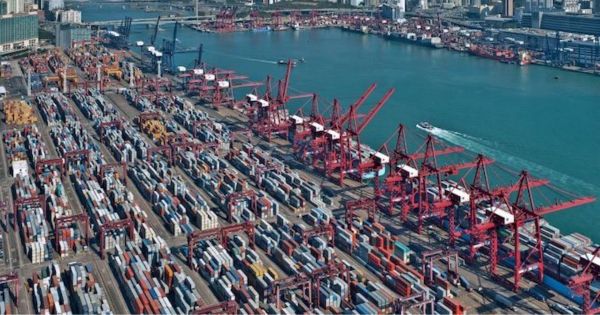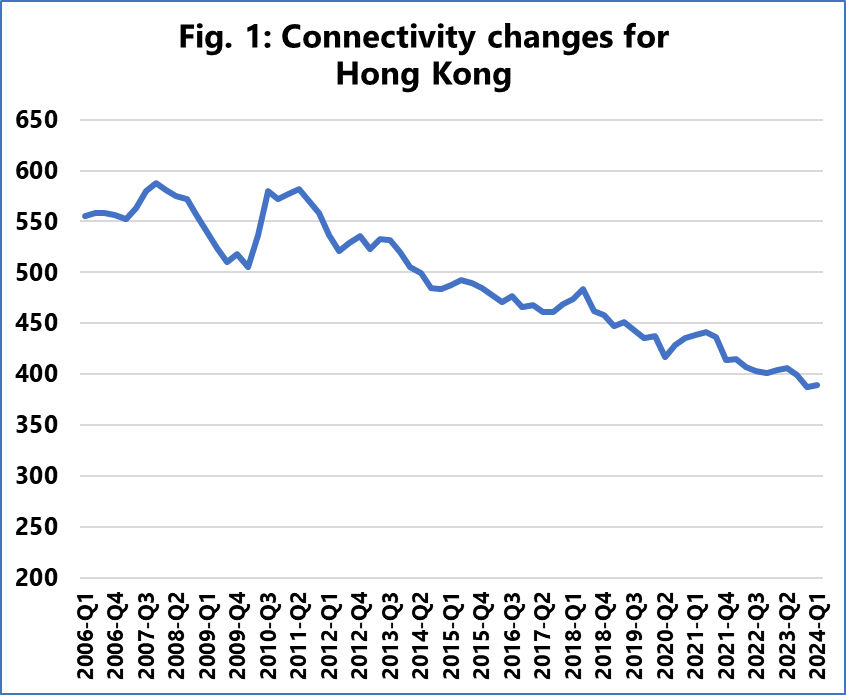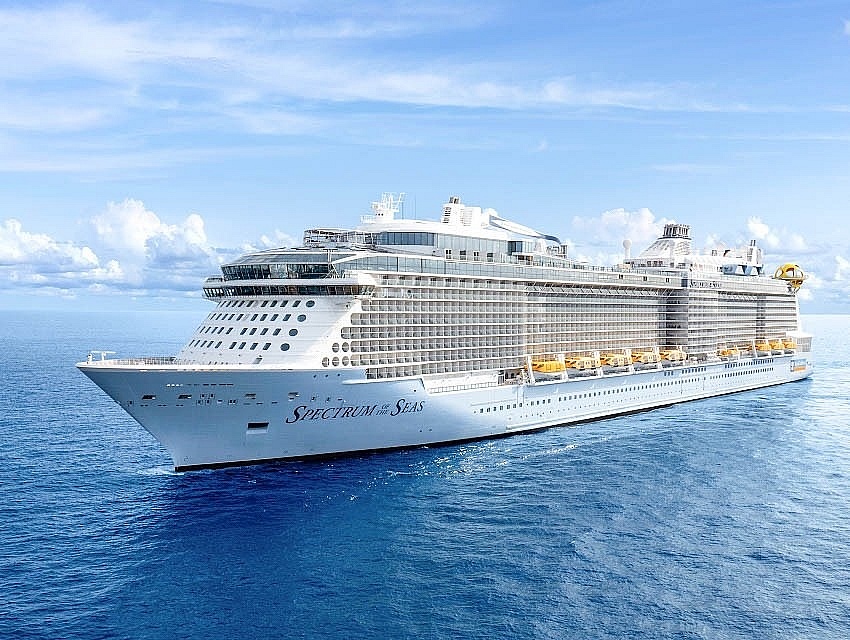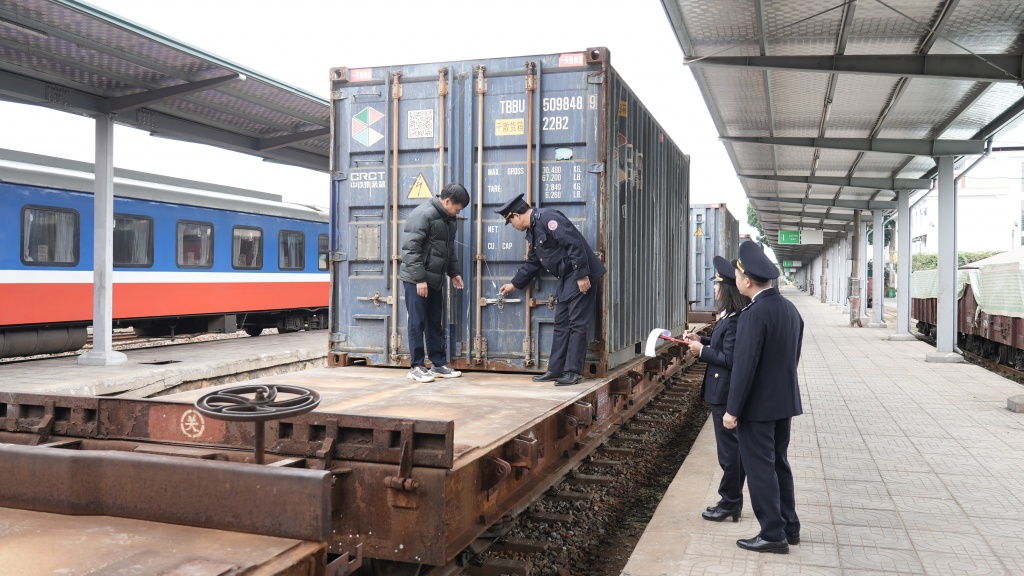Container shipping alliances gradually reduce calls to Hong Kong port
The Port of Hong Kong is being phased out as a major port of call on the east-west trade by major container shipping alliances.

From being the world’s busiest container port in the late 1990s, Hong Kong has dropped to 10th place by 2023, handling 14.4 million TEUs, and the decline looks set to continue.
Analysts at Sea-Intelligence note that the service network overview from the Gemini partnership between Maersk and Hapag-Lloyd, which begins in February 2025, does not include direct calls to Hong Kong’s deepwater port. The new alliance is focusing on key transshipment hubs where the two carriers have port-based interests, which they do not have in Hong Kong.
The Ocean Alliance’s updated 2024 service network shows that the number of direct calls to Hong Kong has dropped to just six from 11 previously. The Alliance’s 2025 Transpacific Network Service Plan shows Hong Kong served by a single Asia-US East Coast loop with planned calls from the Pacific Northwest and Pacific Southwest loops being cancelled.
The decline of Hong Kong’s dominance as a container port over the past two decades has been characterised by the rise of mainland Chinese ports, which now hold six of the top 10 positions globally.

However, Sea Intelligence now sees another factor that could impact other transshipment ports. “While this does not bode well for the Port of Hong Kong, it is also seen as a sign that some element of network consolidation is taking place, particularly as it relates to transshipment hubs. Analysis of service network design and service network efficiency will show that fewer but larger hubs are more economically efficient,” said Alan Murphy, CEO of Sea Intelligence.
“Hong Kong appears to be the first major ‘victim’ of this. But as new alliances improve their service networks in the coming years, it is likely that more ports will suffer the same fate as Hong Kong.”
Source: Phaata.com (According to Sea Intelligence)






